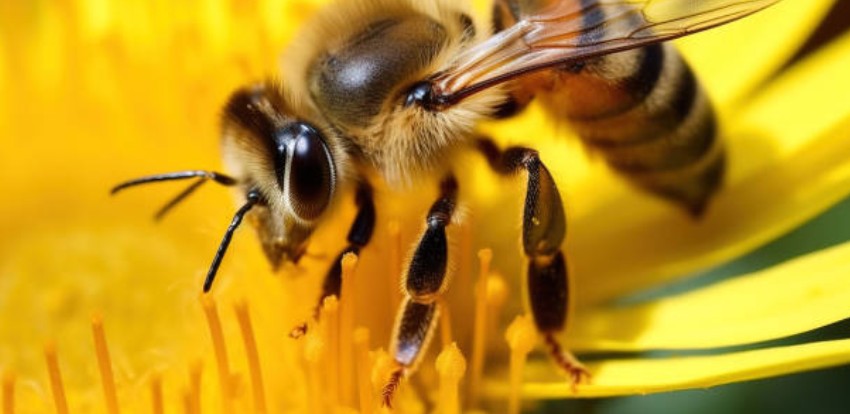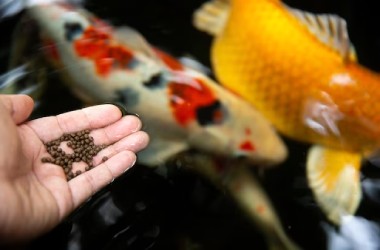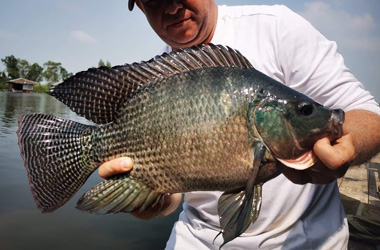
Did you know that organic farming offers distinct advantages over non-organic methods? One of these advantages lies in the increased presence of insect pollinator species, which is vital in fostering improved biodiversity and healthier ecosystems.
Insect pollinators, including bees, butterflies, moths, and flies, perform a critical task in the natural world by facilitating the pollination of plants. Pollination is essential for the reproduction of numerous crops and wild plants. These tiny creatures transfer pollen from the male part of a flower to the female part, allowing the plant to produce seeds and fruits.
The significance of insect pollinators extends beyond individual plants; they are instrumental in maintaining the health of entire ecosystems. By ensuring the reproduction of various plant species, these pollinators provide a continuous food supply and habitat for different animals. Moreover, they contribute to the growth of essential crops that sustain human food security, such as fruits, vegetables, and nuts.
Without the vital service insect pollinators provide, many plant species would struggle to reproduce, leading to a decline in biodiversity and potential disruptions to ecosystem functioning. It is essential to appreciate and support organic farming practices that prioritize the well-being of these crucial pollinators.
Organic farming fosters a healthy ecosystem by promoting practices that protect and encourage the presence of insect pollinators. Unlike conventional agriculture, organic methods avoid using synthetic pesticides and chemical fertilizers that can harm these delicate creatures. Instead, organic farmers employ natural techniques to control pests and nurture the ecosystem's balance, creating a more pollinator-friendly environment.
Additionally, organic farming practices often involve cover crops, crop rotation, and diverse planting, all supporting a richer biodiversity and providing ample food sources for pollinators. By minimizing soil disturbance and prioritizing soil health, organic farming creates a nurturing environment for insects, including pollinators, to thrive.
Furthermore, the absence of genetically modified organisms (GMOs) in organic farming benefits pollinators. GMOs might have unintended effects on insect populations, impacting their health and abundance. Organic farming's commitment to non-GMO practices safeguards pollinators and preserves their vital role in ecosystems.
The role of insect pollinators in maintaining ecological balance cannot be overstated. Individuals and communities need to support organic farming practices to ensure their continued presence and resilience. Consumers can make a difference by choosing organic products and supporting local farmers who employ these sustainable methods.
In conclusion, the advantages of organic farming extend far beyond its benefits for human health and the environment. By fostering a welcoming climate for insect pollinators, organic agriculture is pivotal in promoting biodiversity and creating healthier ecosystems. Let us embrace and celebrate the positive impact of organic farming on our environment, pollinators, and overall food security.







.jpg)





